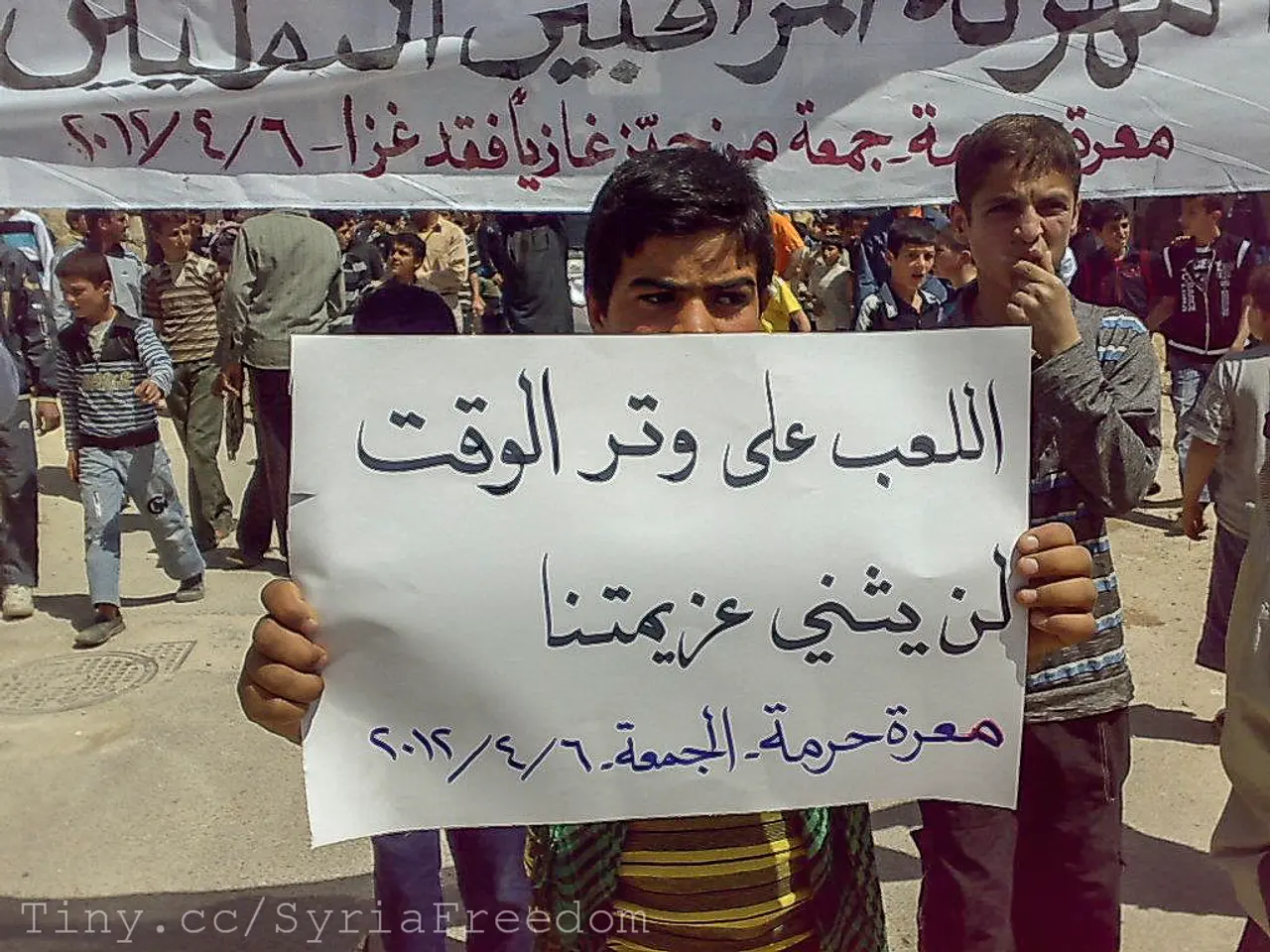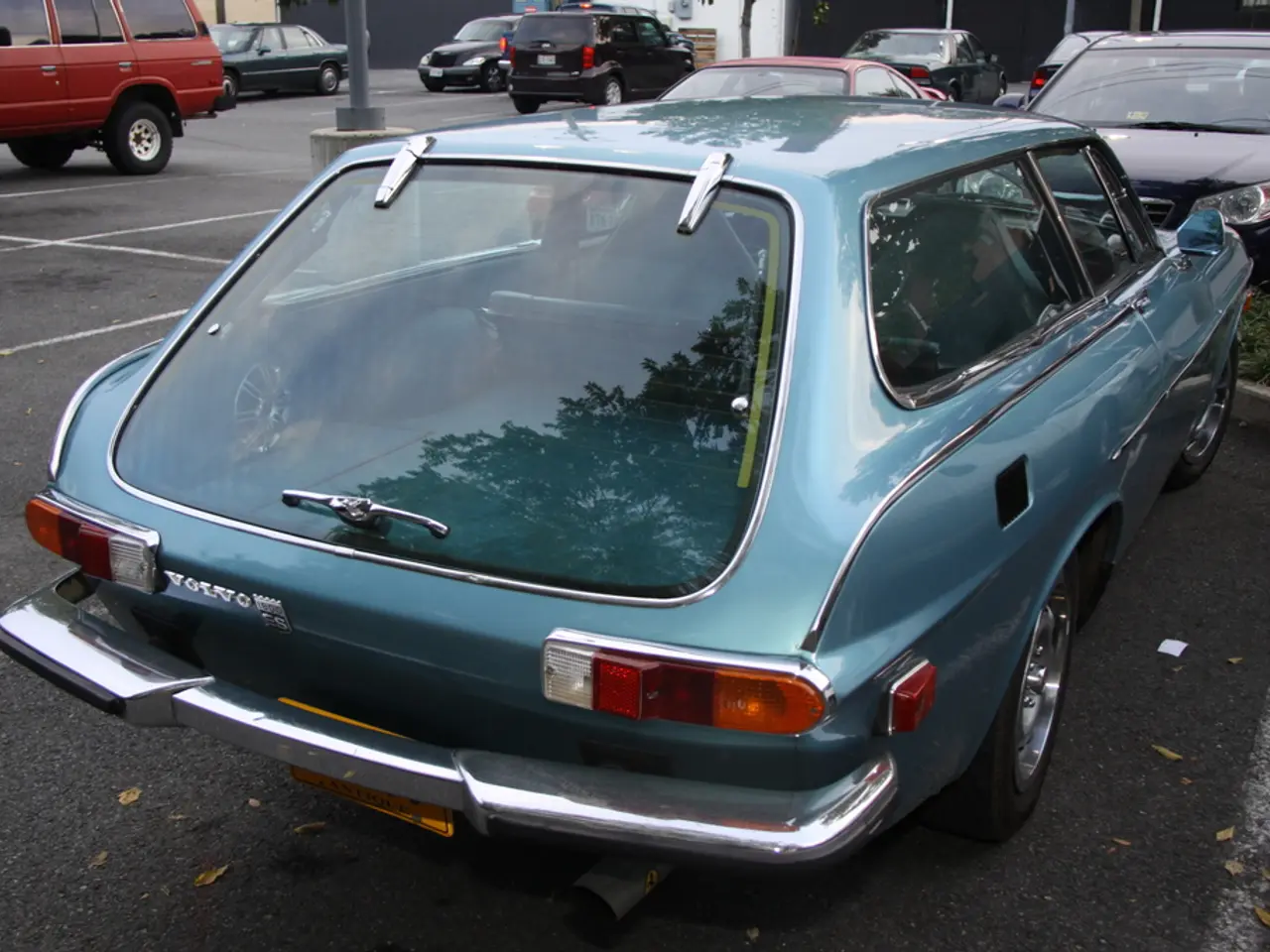Local residents firmly oppose geothermal exploration projects
The Menengai Crater geothermal exploration project in Nakuru, Kenya, has been met with significant community objections and legal challenges from residents living around the crater. The local community, who view the land as their home and a productive agricultural area, have strongly rejected the Geothermal Development Company's (GDC) plans for steam exploration.
Key points regarding the situation are:
- The community has expressed shock and frustration over being excluded from the project planning. They fear displacement of thousands of people, environmental damage, and loss of livelihood as a consequence of the geothermal project.
- The land in question is publicly owned but held in trust by the Kenya Forest Service for the community. Criticisms have been levelled at the government for insufficient public participation, questioning how the project could be approved without proper community engagement.
- The GDC has faced similar disputes in the past, with previous projects being halted by licence cancellations in 2020 due to issues including public participation. Residents and elders insist on meaningful consultations before any exploration resumes.
- The community plans to challenge the new licences in court. Each landowner intends to file petitions to stop exploration activities and refuse displacement without consent or adequate compensation. Advocates assert the community is peaceful but well-organized and knowledgeable of their legal rights.
- Efforts to obtain a response from GDC's CEO about these objections have been unsuccessful so far.
In summary, the conflict centers on the community's strong demand for inclusion in decision-making, protection of their land and environment, and assurance of compensation or alternatives if displacement occurs. The legal challenges aim to enforce these demands, reflecting broader tensions between large-scale renewable energy development and local rights in Kenya’s geothermal sector near Menengai Crater.
It is important to note that there is ongoing geothermal development in the area, such as private projects like OrPower 22, indicating continued interest in exploiting Menengai's geothermal potential despite the community resistance. However, the immediate opposition remains focused on the steam exploration phase led by GDC.
Thousands of learners are at risk due to the disregard of community rights, according to Patrick Nyarangi. Community leaders have warned they will stop actions before they start and refuse displacement. Timothy Ngetich, an elder, expressed shock upon learning about the project and demanded its halt until affected families are consulted.
Dr Peter Mbae and Ngetich have questioned the government's public participation, stating that they approved a project affecting people who were not consulted. Advocate Mark Odaga stated that the community is peaceful, organised, and aware of its rights.
References: [1] The Standard, 2021. 'Residents vow to stop Menengai Crater geothermal project.' [online] Available at:
- The ongoing dispute over the Menengai Crater geothermal exploration project in Nakuru, Kenya, centers on the local community's demand for inclusion in decision-making and protection of their land and environment.
- Criticisms have been levelled at the government for insufficient public participation, as the project could potentially displace thousands of people and cause environmental damage, leading to loss of livelihood.
- The community intends to challenge the new licenses in court, filing petitions to stop exploration activities and refuse displacement without consent or adequate compensation.
- The geothermal industry, with ongoing projects like OrPower 22, continues to show interest in exploiting Menengai's geothermal potential, but the immediate opposition remains focused on the steam exploration phase led by the Geothermal Development Company (GDC).
- Advocates assert that the community is peaceful, well-organized, and knowledgeable of their legal rights, with community leaders vowing to stop actions before they start and elders demanding a halt to the project until affected families are consulted.






